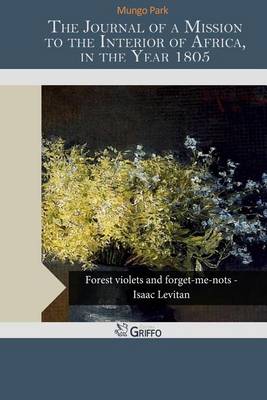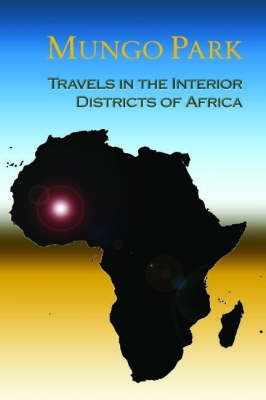Cambridge Library Collection - African Studies
2 total works
The Journal of a Mission to the Interior of Africa, in the Year 1805
by Mungo Park
Published 1 November 2003
Mungo Park was the original lone explorer of West Africa. The first European to reach the Niger, record its flow direction and return alive, he was considered a hero on his return. He died during his second exploration attempt inland along the Niger to discover the city of Timbuktu. Published posthumously in 1815 by the African Institution, which had sponsored his journey, a biography, personal letters and the account of the rescue team sent to discover his fate accompany Park's own journal of the expedition. The journals and letters are a fascinating description of the constant dangers and thrill of the age of exploration. Battling adverse weather, local hostility, tropical diseases and the death of nearly all his party including his brother-in-law, Park writes 'I would still persevere; and if I could not succeed in the object of my journey, I would at least die on the Niger.'
Mungo Park's Travels in the Interior Districts of Africa has long been regarded as a classic of African travel literature. In fulfilling his mission to find the Niger River and in documenting its potential as an inland waterway for trade, Park was significant in opening Africa to European economic interests. His modest, low-key heroism made it possible for the British public to imagine themselves as a welcomed force in Africa. As a tale of adventure and survival, it has inspired the imaginations of readers since its first publication in 1799 and writers from Wordsworth and Melville to Conrad, Hemingway, and T. Coreghessan Boyle have acknowledged the influence of Park's narrative on their work.
Unlike the large expeditions that followed him, Park traveled only with native guides or alone. Without much of an idea of where he was going, he relied entirely on local people for food, shelter, and directions throughout his eventful eighteen month journey. While his warm reaction to the people he met made him famous as a sentimental traveler, his chronicle also provides a rare written record of the lives of ordinary people in West Africa before European intervention. His accounts of war, politics, and the spread of Islam, as well as his constant confrontations with slavery as practiced in eighteenth-century West Africa, are as valuable today as they were in 1799. In preparing this new edition, editor Kate Ferguson Marsters presents the complete text and includes reproductions of all the original maps and illustrations.
Park's narrative serves as a crucial text in relation to scholarship on the history of slavery, colonial enterprise, and nineteenth-century imperialism. The availability of this full edition will give a new generation of readers access to a travel narrative that has inspired other readers and writers over two centuries and will enliven scholarly discussion in many fields.
Unlike the large expeditions that followed him, Park traveled only with native guides or alone. Without much of an idea of where he was going, he relied entirely on local people for food, shelter, and directions throughout his eventful eighteen month journey. While his warm reaction to the people he met made him famous as a sentimental traveler, his chronicle also provides a rare written record of the lives of ordinary people in West Africa before European intervention. His accounts of war, politics, and the spread of Islam, as well as his constant confrontations with slavery as practiced in eighteenth-century West Africa, are as valuable today as they were in 1799. In preparing this new edition, editor Kate Ferguson Marsters presents the complete text and includes reproductions of all the original maps and illustrations.
Park's narrative serves as a crucial text in relation to scholarship on the history of slavery, colonial enterprise, and nineteenth-century imperialism. The availability of this full edition will give a new generation of readers access to a travel narrative that has inspired other readers and writers over two centuries and will enliven scholarly discussion in many fields.

